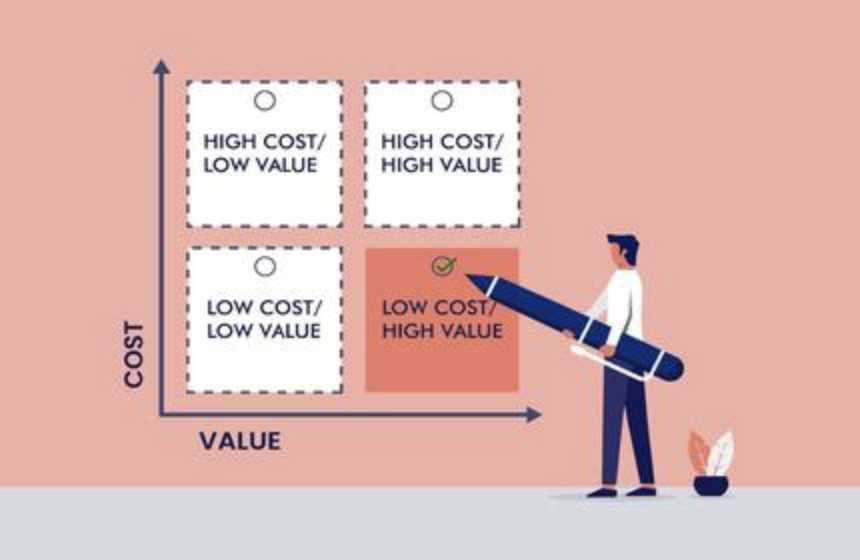Caregiving is a demanding role that requires significant emotional, physical, and financial resources. As the population ages and healthcare costs rise, financial planning for caregivers becomes increasingly critical. Caregivers often face unique financial challenges, from managing medical expenses to balancing work and caregiving responsibilities. This article explores current trends in financial planning for caregivers and provides future predictions to help navigate this complex landscape.

Current Trends
Increased Use of Financial Tools and Resources: Caregivers are increasingly turning to financial tools and resources to manage their responsibilities effectively. Budgeting apps, expense tracking software, and online financial planning platforms help caregivers organize their finances and plan for future expenses. These tools offer insights into spending patterns, assist in creating budgets, and provide strategies for saving money.
Long-Term Care Insurance: Long-term care insurance is becoming a popular option for families looking to mitigate the high costs associated with caregiving. This insurance covers services such as home care, assisted living, and nursing home care, providing financial relief to caregivers. By investing in long-term care insurance, families can protect their savings and ensure quality care for their loved ones.
Employer Support Programs: Many employers are recognizing the challenges faced by caregiver employees and are offering support programs to assist them. These programs may include flexible work schedules, paid family leave, and employee assistance programs (EAPs) that provide counseling and financial planning services. Employer support can significantly reduce the financial and emotional burden on caregivers.

Future Predictions
Integration of Technology in Financial Planning: The future of financial planning for caregivers will see greater integration of technology. Advanced financial planning tools and artificial intelligence (AI) will provide personalized advice and real-time solutions. These technologies will help caregivers anticipate future expenses, optimize their financial strategies, and access resources more efficiently.
Expansion of Telehealth Services: Telehealth services, which gained prominence during the COVID-19 pandemic, will continue to expand. These services offer convenient and cost-effective healthcare options for caregivers and their loved ones. The integration of telehealth with financial planning tools will enable caregivers to manage both health and financial aspects seamlessly.
Increased Focus on Financial Wellness Programs: Financial wellness programs will become more prevalent, with a focus on supporting caregivers. Employers, financial institutions, and healthcare providers will collaborate to offer comprehensive programs that address the unique financial challenges faced by caregivers. These programs will include financial education, stress management, and access to financial products tailored for caregivers.

Conclusion
Financial planning for caregivers is essential to manage the complex and often overwhelming responsibilities associated with caregiving. Current trends, such as the use of financial tools, long-term care insurance, employer support programs, government assistance, and financial education, are helping caregivers navigate their financial challenges. Looking ahead, advancements in technology, the expansion of telehealth services, increased focus on financial wellness programs, enhanced government policies, and the growth of community-based support networks will further support caregivers. By staying informed and utilizing available resources, caregivers can achieve greater financial stability and ensure the well-being of their loved ones.

The Impact of Global Commodity Prices on Financial Markets

Salary - Only Path: A Roadblock to Riches

Rising Rates: Hidden Shifts in Affluent Lives

Investment Basics: Simpler Than You Think

Understanding Artificial Assets: Bridging Crypto with Traditional Financial Instruments

6 Steps to Open Demat Account

Budgeting in Uncertain Times
